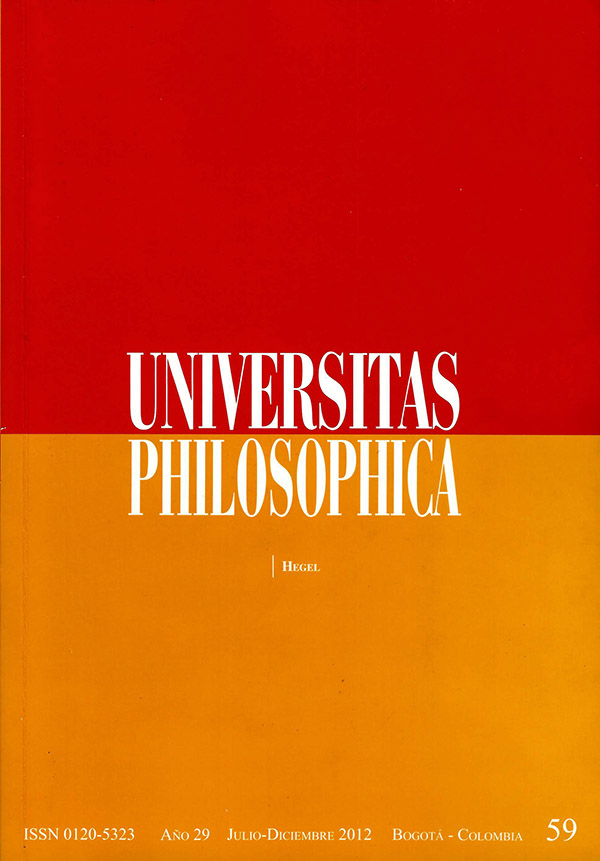Abstract
Answering the challenge of Hegel’s idealism and its perceived logocentrism, has arguably been a defining feature of nineteenth-and twentieth-century philosophy. In this essay, I offer a reflection on the legacy of Hegel by reconstructing a Hegelian notion of legacy. I develop this notion in response to Jacques Derrida’s discussion of inheritance. Both Hegel and Derrida articulate the structure of legacy, inheritance, and history on the basis of the structures of gathering. For both, gathering is an act of memory that determines a legacy as a legacy, a history as a history. Gathering determines an event, norm, idea, or institution as something to be passed on for a future to come. While Derrida concludes that inheritance implies decision, Hegel’s recollection provides the basis for what I will call a critical history.
This journal is registered under a Creative Commons Attribution 4.0 International Public License. Thus, this work may be reproduced, distributed, and publicly shared in digital format, as long as the names of the authors and Pontificia Universidad Javeriana are acknowledged. Others are allowed to quote, adapt, transform, auto-archive, republish, and create based on this material, for any purpose (even commercial ones), provided the authorship is duly acknowledged, a link to the original work is provided, and it is specified if changes have been made. Pontificia Universidad Javeriana does not hold the rights of published works and the authors are solely responsible for the contents of their works; they keep the moral, intellectual, privacy, and publicity rights.
Approving the intervention of the work (review, copy-editing, translation, layout) and the following outreach, are granted through an use license and not through an assignment of rights. This means the journal and Pontificia Universidad Javeriana cannot be held responsible for any ethical malpractice by the authors. As a consequence of the protection granted by the use license, the journal is not required to publish recantations or modify information already published, unless the errata stems from the editorial management process. Publishing contents in this journal does not generate royalties for contributors.


